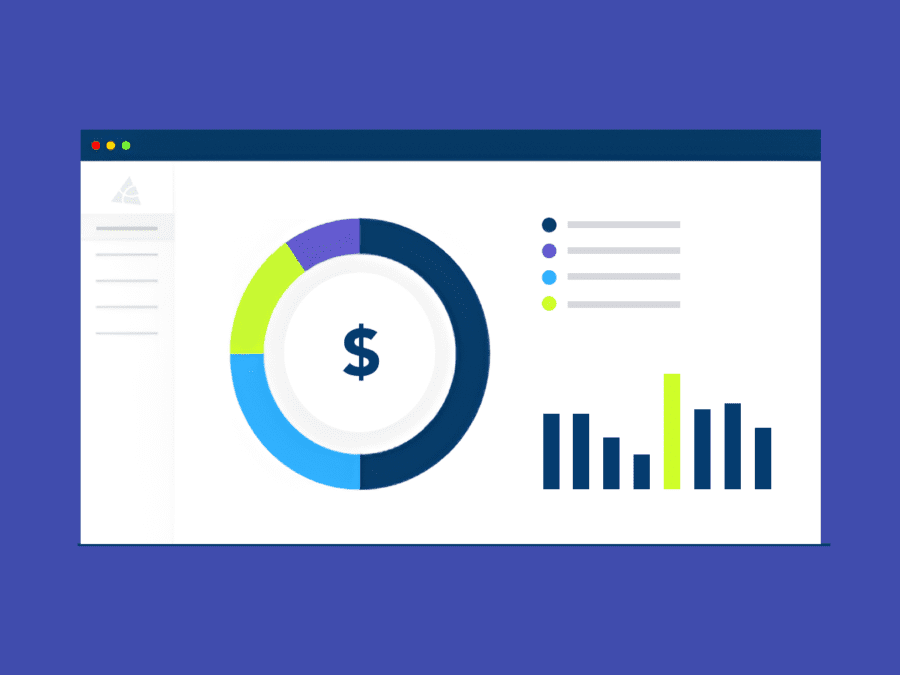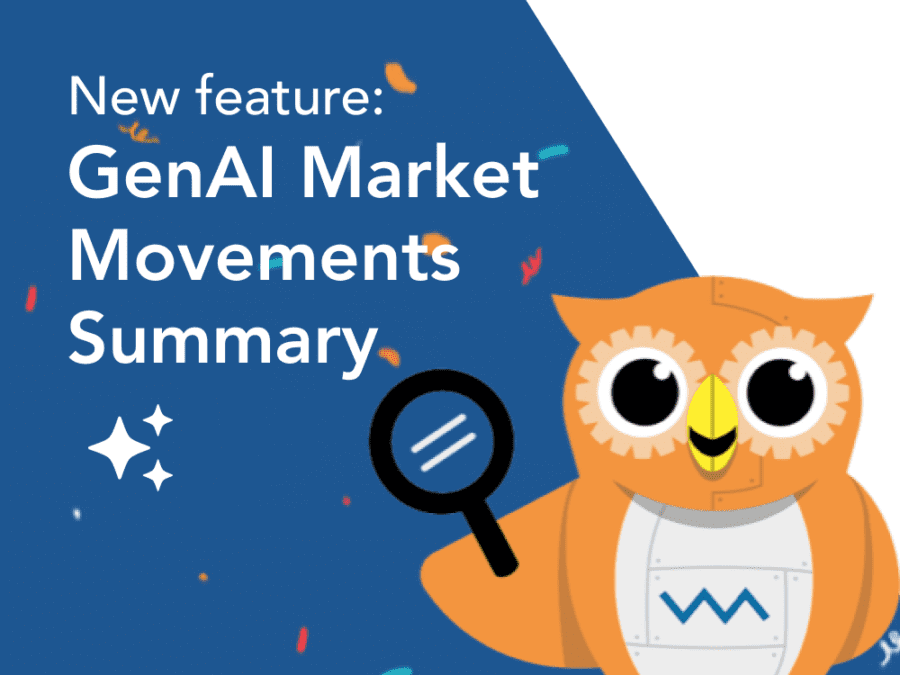With technology advancing at such a rapid rate, we’ve taken a look at the clues written in the code to create five 2020 digital marketing predictions you need to think about as we move into the clamorous 20s.
1. Automation will be King
Automation is nothing new. We’ve been talking about it for years, and now AI and machine learning are accelerating our ability to connect with customers in more meaningful ways.
Adwords, (now Ads) will turn 20 next year, and the platform has made an undeniable impact by enabling digital marketers to reach their customers at the right moments. The platform is so successful that earlier this year Alphabet reported Google ad revenue of $32.6 billion.
This sky-high figure highlights the increasing complexity of their products and the reliance marketers have on Google to be successful, increasingly fuelled by automation. For Google, an ideal world means they run our ads for us, including picking our keywords, writing our ad copy and adjusting our bid strategies.
But as marketers, it’s imperative that we remain in control of our brand message.
You’ll hear lots of predictions about AI taking our jobs but, in practice, we’re seeing that automation frees up marketers’ time so they can move their attention from the tactical and mundane jobs to focus on more strategic aims, optimizing campaigns and driving greater ROI.
In a future state, we can anticipate automation to be end-to-end for cross-channel marketing campaigns, from initial campaign set up, through optimization and analyzing results, with a feedback loop built in. This is the marketer’s Nirvana.
Does this mean that Google’s walled gardens will have to come down? Time will tell.
2. Audience focused campaigns are the future
Google released a number of new updates to its algorithms and optimization models in the second half of 2019.
The first being BERT, which enables Google to understand the syntax of search queries more clearly. [More on that later]
It was closely followed by the introduction of audience targeting features for search campaigns, that better enable marketers to reach their ideal customer.
- Affinity Audiences for search ads help you acquire new customers through targeting searchers who have already demonstrated a strong interest – essentially, lookalike audiences.
- In-Market Audiences for search ads enable you to target people who are actively researching and comparing similar products and services, particularly suited to seasonal campaigns.
These updates showcase that audience is big on Google’s mind, so we expect to see more updates from the tech giant in 2020. Adoption of these tactics will allow marketers to spend more efficiently whilst reaching the right consumers with the right message.
3. Search will become more social
If we’re looking for audiences, then social media is where we find them.
This prediction is two-sided. It represents the growing use of social media as a search platform, as well as the Search Engine Results Page (SERP) itself becoming more social.
Let’s look at the figures:
- There are 600M monthly searches on Pinterest
- And 1B active users on Instagram
The thing that unites these platforms, and sets them apart from other social channels, is that they’re highly visual mediums.
When researching a holiday destination, many people now go straight to Instagram, and circumvent the SERP, to get ideas for what attractions they want to visit, where they want to stay and what they want to eat, all driven by the hashtag and localization. In this way, brands don’t have to spend years optimizing their website to get to the first page, they just need relevant, beautiful images, posted in a timely fashion.
In our report, The Search for Gen Z, we took a deeper dive into this growing visual vocabulary, looking at how Google are trying to ride on this trend by bringing more social elements into results.
The SERP is becoming increasingly visual, with the plethora of rich media, knowledge graphs and YouTube videos, which appeal to our dwindling attention spans.
To succeed in search you have to optimize your social channels not only for success on that platform, but for how Google surfaces that content into the SERP. Holistic search is a 2020 digital marketing prediction you can’t afford to ignore.
4. Search will expand into more formats
In other words… voice.
In 2019, 92 million smart speakers will be sold, and in 2020, 50% of all searches will be made by voice.
But for marketers, we still don’t have the tools for reporting how voice searches differ from traditional searches. We have some basic assumptions (searches are longtail, questions, local) but no meaningful insight yet.
The BERT update is Google’s first step in interpreting voice search in a more humanistic way. It will enable Google to surface better results for consumers and provide more in depth data to marketers to optimize for voice results.
In 2020, we predict more updates like this from Google and better reporting within the Ads platform.
You should also expect consumers to become more comfortable talking to their smart devices. At the moment, people are asking about the weather or transport times or ordering their favorite takeaway, but as Alexa becomes more integrated into family life, consumers will start asking more personal and in depth questions that we need to be prepared to answer.
5. We’ll be part of a connected world
It’s not just our speakers that are getting smarter, we’re connecting all our subscription services, as well as our phones, to our smart TVs.
US advertisers will spend $7bn dollars on connected TV in 2019 and by 2021 the average viewer will consume 100 minutes of online video every day.
As with social, video is a visual format, and, contrary to traditional TV advertising, we have the ability to not only localize, but personalize our content. As Netflix curates a personal experience for every account, now consumers expect to see beautiful, relevant advertising that evokes an emotional response and a connection with the brand they purchase from.
Marketers that start experimenting with these new formats early on will see better success in the long term and get ahead of their competition.
Conclusion
Our 2020 digital marketing predictions boil down to these four principles:
-
- Visualize
With dwindling attention spans and increasingly visual formats, it’s important that marketers create beautiful experiences that evoke emotional connections with consumers. Think social media, YouTube and a SERP full of rich media content. - Personalize
With traditional media consumption moving to online digital platforms, marketers will be gifted greater personalization and the ability to connect with consumers in more meaningful ways. - Audience
Evolving targeting capabilities means marketers can spend their budgets more efficiently and get the right messages to the right people at the right time. - Automate
Adoption of AI and machine learning technology will enable marketers to get out of the tactical day to day, freeing up your time to be more strategic and get ahead of your competition.
- Visualize
At Adthena, we’re using AI and machine learning to educate our customers on what’s happening in the search auction so they can make intelligent, data-led decisions that improve their search campaigns.





